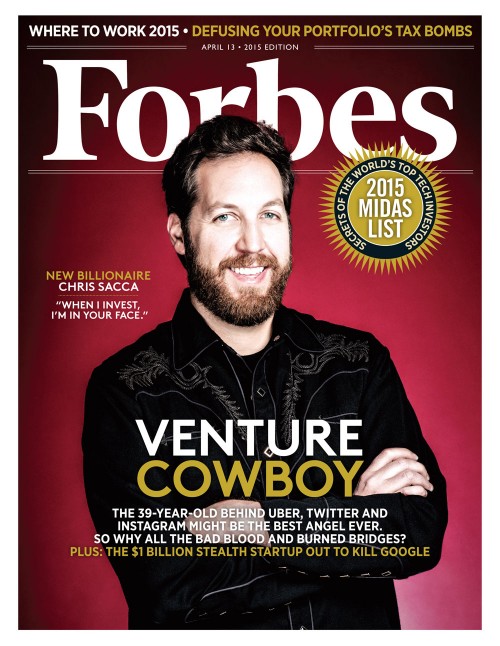
It’s no secret that consumer-facing, social-savvy brands treat “influencers,” i.e., those with sizable followings on Twitter, Instagram, Snapchat and elsewhere with greater respect than other, more casual users of these channels. Even minor influencers, e.g., like me, obtain special treatment when publicly grousing about a disappointing experience.
Case in point: last week, I ordered an Uber to take me from a meeting at the White House to Washington’s Union Station. It was raining and I had very little time to make my train back to NYC. The driver not only got lost but wound up in a traffic jam that required my hoofing it several blocks to the station. (How does one qualify as an Uber driver anyway, and who in DC doesn’t know where Union Station is?)
Needless to say, I turned to Twitter to quip, and received a fairly prompt reply, though it’s unclear whether it was of a human variety:
@PeterHimler We want to follow up with you on this trip, Peter. Can you please send us a note at https://t.co/balq3Eyso6 so we can connect?
— Uber Support (@Uber_Support) May 18, 2016
I followed the link, filled out a form, and received this in response:
“Thanks for letting us know, Peter. Sorry to hear about this.
Drivers partner agree to maintain a high standard of professional service. We believe that this includes respect and politeness toward riders.”
Actually, the driver was respectful and polite. He just didn’t know where the heck he was going. So much for bots!

The latest high-profile example of an “influencer” calling out a business revolves around uber tech investor and “Shark Tank” panelist Chris Sacca’s purchase of tickets to “Hamilton” on StubHub, and blowing a very public gasket when he learned they were fake. It set off a Tweetstorm much to the likely chagrin of StubHub’s PR department.
All sorts of influencers (with large Twitter followings) weighed in — from Gary Vaynerchuk to Darren Rovell to The Times’s Lydia Polgreen.
The ticket service did make a public offer to make it right:
@sacca Chris, we’d like to connect with you and make this right. Please DM your order and contact info to @TeamStubHub. Thanks
— StubHub (@StubHub) May 19, 2016
But the fabled (if not finicky) tech investor was having none of it:
@StubHub @TeamStubHub Just FYI. I’m going to frame this thread when the ticket company we are backing makes an offer to buy you out.
— Chris Sacca (@sacca) May 19, 2016
 What could StubHub have done differently to avert this kind of public shaming?
What could StubHub have done differently to avert this kind of public shaming?
I suppose it could start with an earnest admission of guilt (vs. “we’ll give you your money back”), and an even bigger commitment to expunge from the site the unsavory characters who hide behind StubHub’s brand to perpetrate fraud.
Very useful information, I agree with you, StubHub had to admit his guilt and more scrupulously monitor their employees. Thank you for this post!